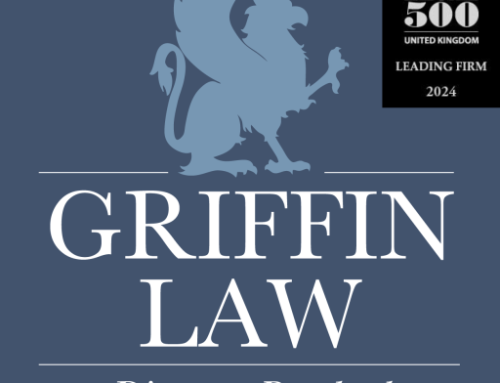“Without prejudice” is an expression often heard during settlement proposals as it is a legal principle that allows parties to engage in discussions and negotiations without acknowledging any fault or surrendering any rights or claims in a dispute. Its purpose is to foster open dialogue and protect the interests of the parties involved.
It is defined as “without detriment to any existing right or claim” by the Oxford Dictionary and does not only apply to written communications as – so long as it is made clear at the outset – it also applies to oral communications. Solicitors often have “without prejudice” conversations with their counterparts.
The without prejudice rule gives parties to a dispute protection while they are discussing settlement through negotiation. When it is in force, all parties can talk freely knowing that anything they may provide to the other side during these negotiations can not end up in front of the judge deciding on liability. It is a very useful instrument when settlement is appropriate.
In giving the parties the capability to negotiate while knowing that it cannot harm their case, without prejudice protections also satisfy a key part of the Civil Procedure Rules. This requires that parties should at all times attempt to settle a dispute without the need for the court’s intrusion.
To be truly deemed without prejudice, correspondence must form part of a genuine attempt to resolve a dispute. Emblazoning “without prejudice” across a letter does not necessarily mean that the without prejudice principles will apply. The correspondence must be a genuine attempt to settle the dispute for the principle to apply. Similarly, just because something says it is written on a without prejudice basis, does not mean it necessarily is. It is always a good idea to make it absolutely clear up front, so that everyone involved understands the intentions.
Without prejudice save as to costs (WPSATC)
In many cases a without prejudice offer will be “subject to costs” and is otherwise known as a Calderbank Offer, referring to the Calderbank v Calderbank [1976] case.
Offers made on a ‘without prejudice save as to costs’ (or WPSATC) basis are similar to the above without prejudice offers. However, in this case, the without prejudice authority is lifted when it comes before a costs judge who will decide who should pay legal costs after a matter and at that point the correspondence becomes admissible in court.
If it can be shown to the judge deciding costs awards that one party has tried to settle a matter, a costs award (whether for or against them) is likely to be more lenient, or more favourable for them than for the party who declined to talk about settling and pushed through to trial.
Unlike standard without prejudice correspondence, for correspondence to be treated as “without prejudice save as to costs”, it must be clearly marked accordingly to ensure that it becomes admissible on the question of costs being decided.
Without prejudice save as to costs subject to contract (WPSATCSTC)
This comprises all of the above but markedly includes the phrase “subject to contract”. This is included if a party wishes to offer settlement terms and wants to make it clear that it does not intend to enter into a legally binding contract on those terms until a formal contract has been exchanged.
It must be clear that the correspondence and discussions surrounding any settlement terms are therefore “subject to contract”, i.e. not binding until such a contract, or indeed a settlement agreement, has been finalised and the terms agreed in full.
Summary and Practical Tips
If you find yourself entering into negotiations and you believe that your communications are without prejudice, it is a good idea to agree to this with those on the other side of your dispute to minimise any risk of later disputes deciding what should or should not be admissible.
If you want your offer to be a Calderbank Offer make certain that this is explicitly stated.
Conclusion
As you can see, using terms such as “without prejudice” and its modifications described above, can have serious consequences for all parties affected. It is vital that all parties are in agreement before utilizing them.
Griffin Law is a dispute resolution firm comprising innovative, proactive, tenacious and commercially-minded lawyers. We pride ourselves on our close client relationships, which are uniquely enhanced by our transparent fee guarantee and a commitment to share the risks of litigation. For more details of our services please email justice@griffin.law or call 01732 52 59 23.
GRIFFIN LAW – TRANSPARENT FEES. TENACIOUS LAWYERS. TRUSTED PARTNERS.
Nothing in this document constitutes any form of legal advice upon which any person can place any form of reliance of any kind whatsoever. We expressly disclaim, and you hereby irrevocably agree to waive, all or any liability of any kind whatsoever, whether in contract, tort or otherwise, to you or any other person who may read or otherwise come to learn of anything covered or referred to in this document. In the event that you wish to take any action in connection with the subject matter of this document, you should obtain legal advice before doing so.





